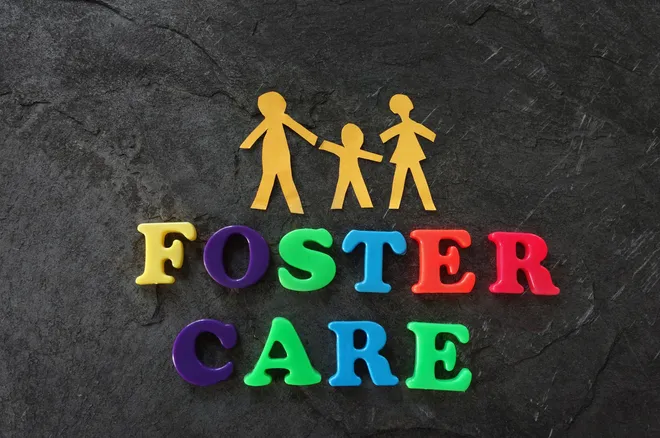
Foster Children: A Guide for Encouraging Well-Being and Health
All children need a safe and nurturing home, but foster children, who may have faced hardship or instability, need it even more. As a foster caregiver, you possess the ability to significantly impact the mental and physical health of the kids under your supervision. This advice lists five important areas to concentrate on while you assist the growth and well-being of your foster child.
Serve Nutritious, Balanced Meals
Nutrition is the cornerstone of health and ought to be given high attention. Serve wholesome meals and snacks regularly that are high in whole grains, dairy, fruits, veggies, and lean protein. Children may become picky eaters or overindulge in comfort foods as they get used to new routines. Encourage youngsters to have a healthy diet while giving them some discretion over what they eat whenever possible.
Promote Frequent Exercise
Engaging in physical activity is a powerful way to support mental and physical health. Aim for at least 60 minutes of exercise every day, which should include both bone and muscle-strengthening activities and aerobic activity. Sports, dancing, using playground equipment, hiking or biking with the family, playing active video games, yoga, and other age-appropriate pursuits are a few examples of what this can entail.
Create Healthy Sleep Routines
Sleep is essential for growth, development of the immune system, regulation of mood, memory, and growth. Aim for the suggested number of hours of sleep for the child’s age group and try to keep consistent bedtime rituals. Watch for indications that their anxiety, nightmares, sleep disorders, or medication use are interfering with their ability to fall asleep. Consult a doctor if you continue to have sleep problems.
Help for Mental Health
It’s crucial to realize that some foster children have experienced severe trauma and difficulty when you adopt a child from a fosterplus organization. Supporting their mental health can go a long way toward helping them manage, recover, and thrive.
Keep an eye out for symptoms of disorders including depression, PTSD, or anxiety. Put them in touch with therapists or counselors who are trained to deal with trauma. In your encounters, react with consistency, empathy, and assurance. Encourage healthy self-esteem and self-care abilities.
Establish Structure and Procedures
After going through upheaval and uncertainty, foster children depend on stability and predictability. Establish consistent daily and weekly schedules for activities, homework, meals, bedtimes, and other household tasks. Make sure that expectations are understood and that any modifications are well-prepared for. Routines and structures foster security and serve as role models for healthy living.
Schedule Time for Joy and Play
Lastly, remember that play, creativity, social interaction, and enjoyment are all essential components of wellness! Schedule time for unstructured play, crafts, visits to libraries, museums, and parks; play dates; family game nights; reading aloud; or just giggling and chatting. Creating happy memories and solid relationships promotes emotional and mental toughness.
Children in foster care have health issues that relate to their development, psychology, medicine, and social lives. Foster caregivers have the great honor of guiding children toward better, healthier futures by adopting a holistic approach to well-being in all of its manifestations. Make use of the community services, health care providers, fostering organizations, and counselors that can help you along the way.



